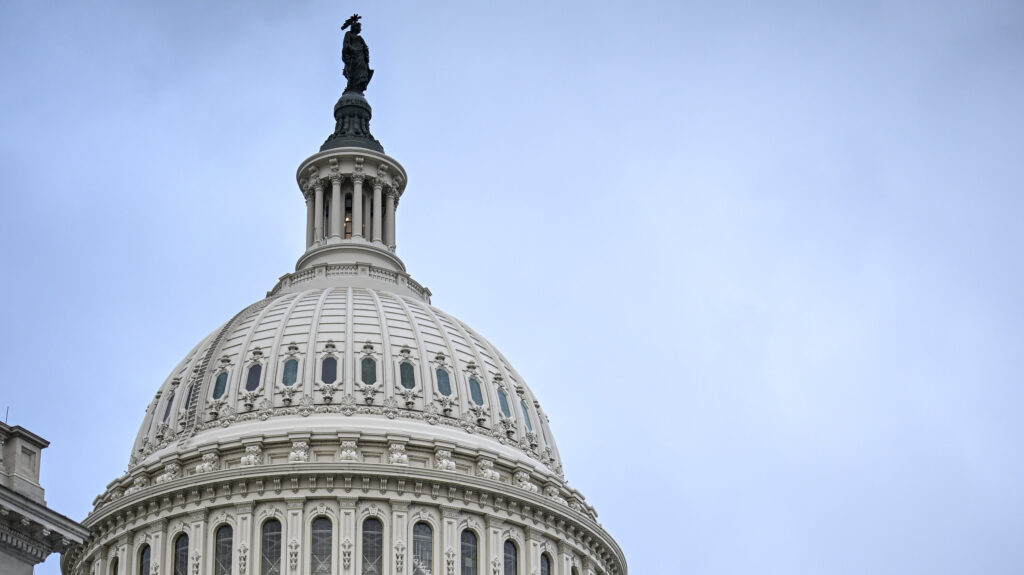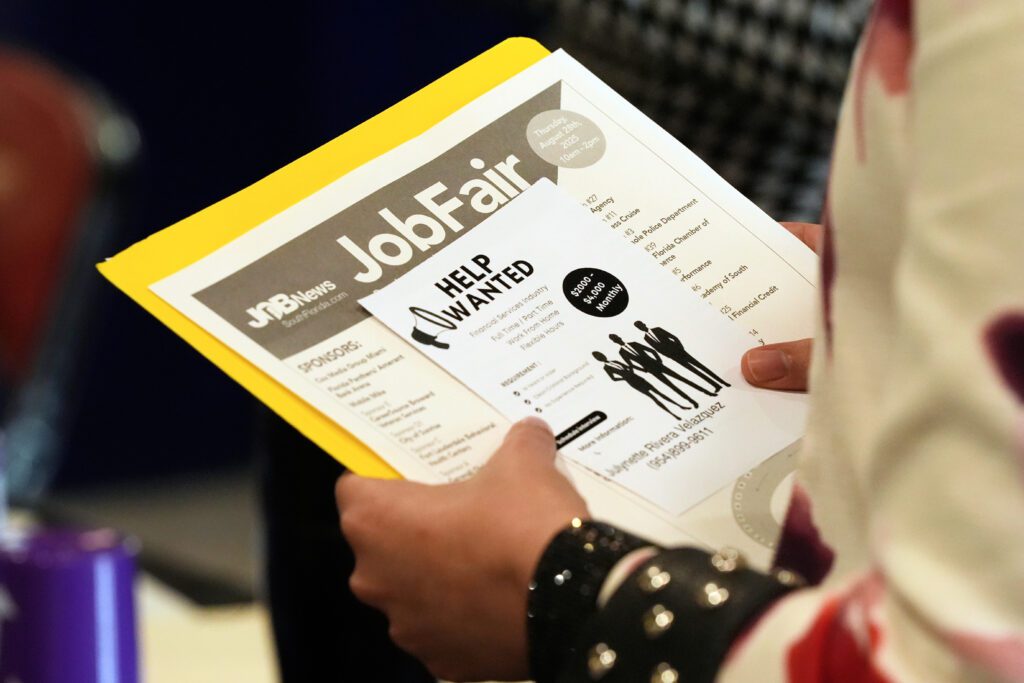 |
| Gold V.1.3.1 signal Telegram Channel (English) |

Why Keeping Cash at Home Is Essential for Crisis Preparedness and Financial Security
2025-09-25 @ 00:01
Why Keeping Cash at Home Matters During a Crisis
In the modern era of digital payments and contactless transactions, having cash on hand might seem old-fashioned. However, recent global events and new research are a powerful reminder that physical currency still plays a crucial role when it comes to personal preparedness—especially in times of crisis like war, political unrest, or widespread technological disruptions.
Why Cash Still Counts in Emergencies
During a major crisis, the financial infrastructure people depend on every day—ATMs, online bank accounts, and digital wallets—can become unreliable or completely inaccessible. Power outages, cyberattacks, or damaged communications networks can render payment cards and mobile apps useless. In these scenarios, cash is not just useful; it can be the only way to pay for essentials like food, medicine, or fuel.
Historical precedents abound. From recent conflicts in Eastern Europe to natural disasters around the globe, individuals unable to access their bank accounts have turned to cash as their lifeline. The lesson is clear: while technology has revolutionized payments, society remains vulnerable to moments when those systems go offline.
How Much Cash Should You Keep at Home?
There’s no universal answer, but financial experts generally recommend having enough to cover your family’s basic expenses for several days. This might mean enough for food, transportation, and necessary supplies—including a margin for unexpected costs. The exact amount will depend on your personal circumstances, where you live, and the local cost of living.
It’s also wise to keep small denominations. In a crisis, finding someone who can provide change for large bills might be impossible. Breaking down your cash into smaller notes can make it easier to buy only what you need, avoid overpaying, and keep transactions simple.
Security: Balancing Preparedness and Risk
While keeping cash at home is prudent, it does come with risks. Burglaries, fire, or simply forgetting where you’ve hidden your money could lead to loss. Here are some practical guidelines to limit these risks:
- Store cash in a secure, concealed place, separate from obvious valuables.
- Avoid discussing your emergency stash with anyone outside your immediate family.
- Consider using a small, fireproof and waterproof safe.
- Periodically check the money to ensure it hasn’t deteriorated or been misplaced.
Cash as a Community Lifeline
Crisis situations often hit communities unevenly. When one family has cash available while others do not, the ability to buy scarce resources, assist neighbors, or support local businesses becomes even more significant. Physical currency can help keep small, local economies running when digital rails are down. Moreover, circulating cash within communities helps ensure everyone can access basic necessities during difficult periods.
Digital Money Isn’t Going Away—But It’s Not Everything
The push towards cashless societies continues, with some nations aspiring to be entirely digital. While digital payments offer efficiency and convenience under normal circumstances, complete reliance on them introduces vulnerabilities.
Individuals aren’t the only ones rethinking their cash strategy. Central banks and governments have started to increase their own reserves and encourage the resilience of physical currency. The message isn’t to reject progress, but to recognize the continuing role that old-fashioned cash plays as a backstop to sophisticated—but sometimes fragile—systems.
Other Steps for Financial Preparedness
While cash is a crucial aspect of crisis planning, a broader financial safety net is equally important:
- Keep some essential supplies at home, including non-perishable food, water, and basic medicines.
- Make digital and hard copies of important financial documents, such as ID, insurance policies, and account details.
- Maintain good relationships with neighbors and local businesses, as community ties can quickly become resources in troubled times.
- Regularly review and update your preparedness plan to reflect changing personal and global circumstances.
Conclusion: Blend Modern and Traditional Approaches
Preparing for a crisis isn’t about abandoning the tools of modern finance, but about making your household resilient to the unexpected. A sensible combination of emergency cash, digital access, and a well-considered plan puts you in the best possible position—even when the unthinkable happens.
In an age where the unexpected can quickly become reality, “keep calm and carry cash” isn’t just a catchy phrase—it’s sound, practical advice for all of us in an uncertain world.




